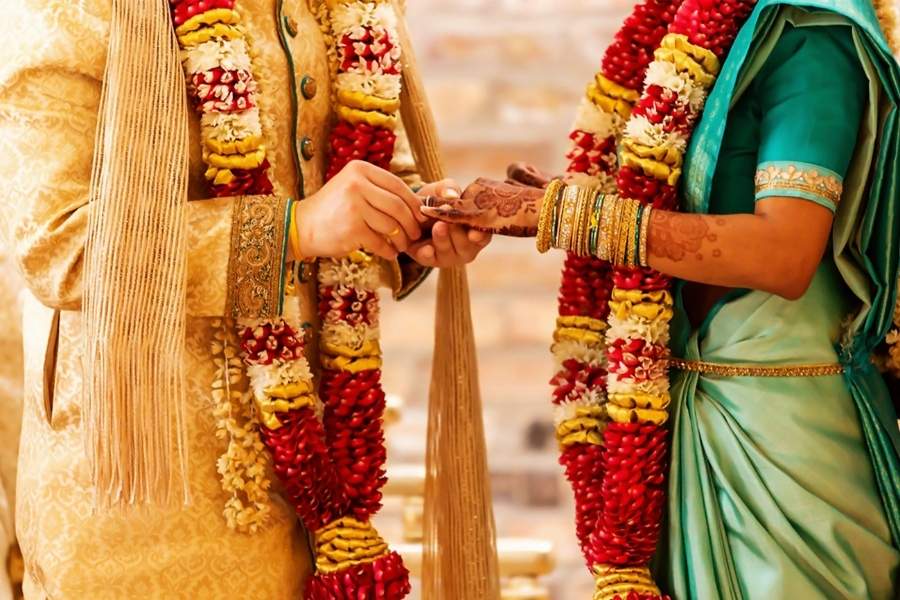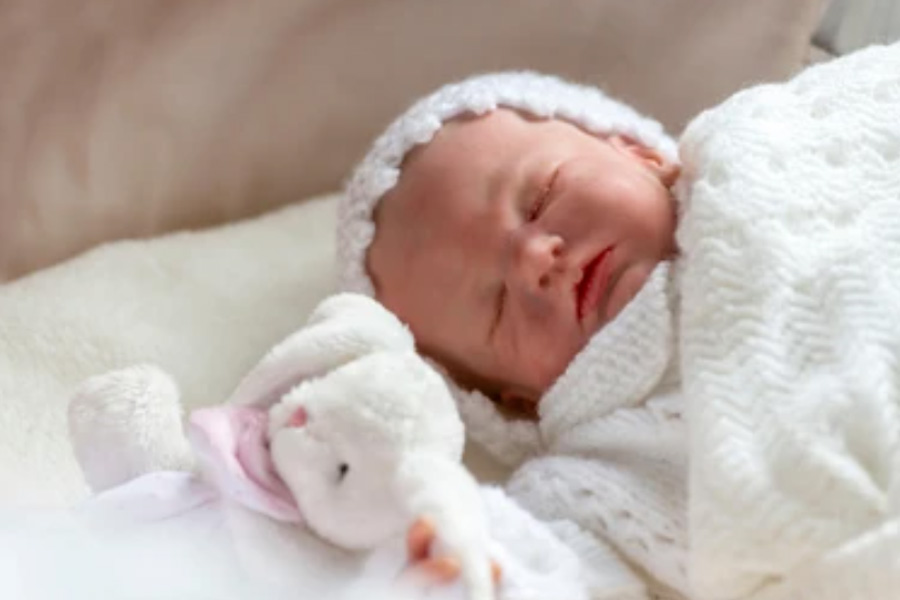“What if my husband turns out to be a psychopath?” asked Swastika Dutta, a 30-year-old sales professional from Kolkata, who has been searching for a prospective groom through an arranged-marriage setup for over a year. “It is difficult to get a match given my hectic work schedule. But beyond that, I am sceptical about something deeper — the person’s character. After the recent murders by newlyweds, this fear feels real. How do you tap into someone’s dark side when you hardly know them before marriage?” she asked.
Swastika’s fear is not unfounded. It has been fuelled by a series of gruesome ‘honeymoon murder’ cases reported in India over the past few months. In one shocking incident from Meghalaya, newlywed Sonam Raghuvanshi allegedly murdered her husband Raja Raghuvanshi just days after their wedding, during what was supposed to be their honeymoon. Similarly, in Punjab, a man strangled his wife of four months after a troubled marriage. Such cases have sent shockwaves across the country, raising pertinent questions about the risks of marrying ‘strangers’ — and whether more rigorous psychological checks could prevent such tragedies.
Mental health experts believe this is no longer a fanciful or impractical idea.

Psychometric evaluations, which measure personality traits, aggression potential, emotional stability and impulsiveness, can offer valuable pre-marital insights, said Sabyasachi Mitra, consultant psychiatrist at CMRI Hospital
According to Sabyasachi Mitra, consultant psychiatrist at CMRI Hospital, Kolkata, these incidents underline psychological risks that conventional matchmaking, based on family background, income, and horoscope, cannot detect. “It’s not about whether the marriage is arranged or by love. Psychopathic traits — such as thrill-seeking violence, absence of empathy, lack of guilt — remain hidden beneath superficial charm. A person may appear ideal during initial meetings, but harbour traits that surface only in vulnerable, high-stress situations like troubled marriages,” he said.
Mitra said that psychometric evaluations, which measure personality traits, aggression potential, emotional stability and impulsiveness, can offer valuable pre-marital insights. “Much like thalassemia or HIV tests, these could become a responsible step before marriage. In more advanced countries, functional brain imaging like fMRI or PET scans also reveals abnormalities in brain areas controlling impulse and judgment — predictors of dangerous behaviour,” he added.
However, such suggestions are not without complexity or controversy.

Smaranika Tripathy, senior clinical psychologist with Bellevue Clinic and Manipal Hospitals, strongly advises pre-marital counselling, which is a less intrusive, more holistic process
Smaranika Tripathy, senior clinical psychologist with Bellevue Clinic and Manipal Hospitals, Salt Lake, pointed out that while the idea holds merit, the practical application comes with challenges. “A psychometric test is not like a blood test. Results can be manipulated, influenced by mood, recent trauma or stress. For example, a person going through temporary distress may score abnormally, but that does not define them for life or marriage,” she explained.
Tripathy warns that labels from such tests could unfairly stigmatise individuals, possibly damaging relationships before they even begin. “What if a person tests positive for depression? Does that make them unfit for marriage? Absolutely not. We risk turning these tools into judgment weapons when they are meant for understanding, not exclusion.”
Instead, she strongly advises pre-marital counselling, which is a less intrusive, more holistic process where both partners, sometimes with family, sit with a trained therapist. “It’s like emotional kundali-matching. You talk about expectations, habits, conflict styles, fears, strengths — the real fabric of compatibility. It offers clarity, confidence, even readiness for adjustment and compromise that marriage demands.”

Both experts agree that as society evolves, so must its approach to marriage. Psychometric assessments — if used — must be applied sensitively, as a tool for insight, not as a final verdict
Both experts agree that as society evolves, so must its approach to marriage. Psychometric assessments — if used — must be applied sensitively, as a tool for insight, not as a final verdict
According to Tripathy, couples should ideally begin such counselling at least two months before the wedding to allow for multiple sessions. “One conversation is rarely enough. People need time to reflect, digest and return with deeper insights or doubts. It’s not about imposing or policing relationships, but building self and mutual awareness.”
She also recommends family counselling in cases where parents pressurise reluctant young adults into marriage, especially when past trauma, body image issues or sexual orientation fears lead some to avoid marriage altogether. “Parents, too, need clarity — why they insist, what fears drive them. Marriage should never be about compulsion, but understanding,” she stressed.
Both experts agree that as society evolves, so must its approach to marriage. Whether love or arranged, the risk of unseen personality disorders cannot be ignored. But psychometric assessments — if used — must be applied sensitively, as a tool for insight, not as a final verdict.
“Marriage is a lifelong partnership, not a gamble. We need to make it safer and wiser — not scarier,” said Mitra.


